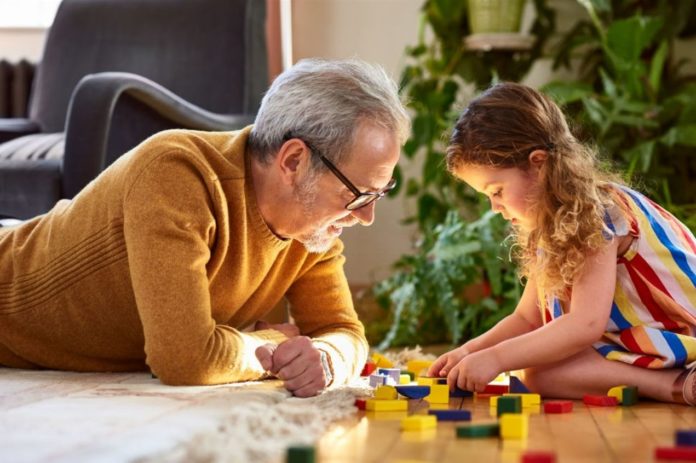Learning to understand social relationships is an important ability for humans to survive in society.
For newborns and young children, the practice of kissing, sharing food, or wiping drool is a sign of a “deep” relationship – the kind of closeness shared with close family members.
Scientists at the Massachusetts Institute of Technology (MIT) have discovered a specific signal that children and even babies use to determine whether two people have a strong relationship and a shared obligation to help one another: whether two people kiss, share food, or have other interactions that involve sharing saliva.
New research shows that babies expect individuals who share saliva to help one other when one person is in distress, much more than when adults share toys or engage in other ways that do not require saliva interaction. According to the researchers, the findings show that babies can use these signals to try to figure out who around them is most likely to offer assistance.
“Babies don’t know in advance which relationships are the close and morally obligating ones, so they have to have some way of learning this by looking at what happens around them,” said Rebecca Saxe, the senior author of the new study.
Sharing saliva
People often distinguish between “thick” and “thin” interactions in human societies. Strong levels of attachment, commitment, and mutual responsiveness characterize thick relationships, which are typically found between family members. People in close relationships are also more eager to share bodily fluids like saliva, according to anthropologists.
“That inspired both the question of whether infants distinguish between those types of relationships, and whether saliva sharing might be a really good cue they could use to recognize them,” Thomas adds.
The researchers studied toddlers (16.5 to 18.5 months) and newborns (8.5 to 10 months) while they observed interactions between human actors and puppets to answer those questions. A puppet shared an orange with one actor in the first set of trials, then tossed a ball back and forth with a different actor in the second set.
The researchers observed the children’s reactions after they watched these early encounters and when the puppet displayed concern while sitting between the two actors. Basing their hypothesis on a previous study on nonhuman primates, the researchers hypothesized that babies would direct their first gaze toward the person who they expected to assist them. According to the findings of that study, when infant monkeys scream, other members of the group look to the baby’s parents, as if they’re going to help.
When the puppet was in distress, the MIT researchers discovered that children tended to look toward the actor who had shared food with it, rather than the actor who had shared a toy.
In a second set of trial, the actor either put her finger in her mouth and then into the mouth of the puppet, or she put her finger on her forehead and subsequently onto the puppet’s forehead. Later, when the actor was in the middle of two puppets, children who saw the video were more likely to look at the puppet with which she had shared saliva.
Social cues
According to the researchers, saliva sharing is likely a key cue that helps newborns learn about their own social interactions as well as those of others around them.
“The general skill of learning about social relationships is very useful,” Thomas adds. “One reason why this distinction between thick and thin might be important for infants in particular, especially human infants, who depend on adults for longer than many other species, is that it might be a good way to figure out who else can provide the support that they depend on to survive.”
Source: 10.1126/science.abh1054
Image Credit: Getty
You were reading: Saliva can tell if two people have a strong bond or mutual obligation
